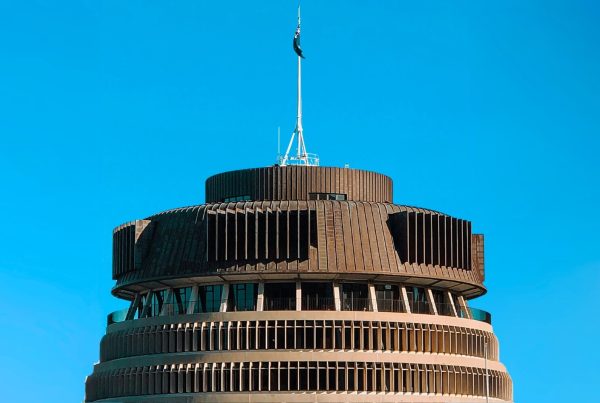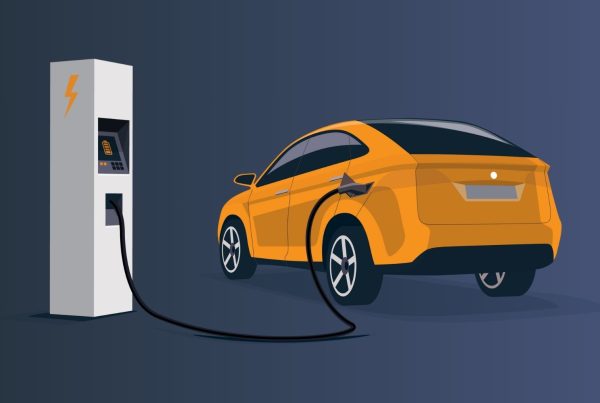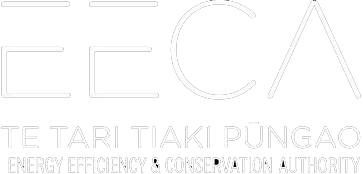24 January 2024
It was confirmed in mid January: Road user charges (RUC) will apply to electric and plug-in hybrid vehicles in Aotearoa New Zealand from 1 April 2024.

What are the recent changes to the EV RUC?
The RUC exemption for light BEVs and PHEVs will end on 31 March 2024 and a special sub-category of fees to cover PHEVs has been created.
Why were these changes made?
The Government says the end of the EV RUC exemption is being made to ensure that all road users contribute to the maintenance and development of Aotearoa New Zealand’s roading infrastructure.
How does this affect current EV owners?
BEV and PHEV owners will be required to purchase RUC on or after 1 April 2024. There will be a two-month transition period to give time for EV drivers/owners to purchase RUC before enforcement begins.
Every EV owner will receive a letter from NZ Transport Agency Waka Kotahi before 1 April 2024 explaining the system.
Are there any exemptions?
- Hybrids that don’t require a charge at the wall, are exempt.
- E-scooters, e-bikes and electric mopeds and motorbikes are also exempt.
- Heavy EVs (3,500kg+) are exempt from RUCs until 31 December 2025.
How are RUCs being applied to EVs?
The rate is calculated per kilometre travelled and applies the existing RUC programme designed for diesel-power cars and trucks:
- BEVs will pay $76 per 1,000km
- PHEVS will pay $53 per 1,000km
- Admin fees also apply.
RUCs will be pre-purchased in blocks of 1,000km online or from the likes of VTNZ or AA.
An odometer reading must be given the first time that a block of RUCs is purchased and each time the vehicle receives a warrant of fitness (WOF). If the odometer exceeds the RUCs purchased, the vehicle’s owner will be invoiced for the difference.
An individual can be fined up to $15,000 for providing false RUC records. Late payment can incur a 10 percent penalty on the amount owed.
Will the RUC slow EV uptake in Aotearoa New Zealand?
The decision to put RUCs on BEVs and PHEVs now will factor in people’s purchase decisions, particularly following the removal of the clean car discount (CCD). We expect the combined effect will slow down the uptake of EVs in the near term.
Research that Drive Electric commissioned from Concept Consulting on the removal of the CCD shows that between 100,000 and 350,000 fewer EVs may be purchased between now and 2030, depending on what happens to the CCD.
This has economic and environmental impacts. Aotearoa New Zealand spends $8‒$9 billion a year on imported petrol and diesel. The faster we move to electric transport, the faster households and the economy can save money.
What action is Drive Electric taking over the end of the RUC exemption?
Drive Electric has made some initial media comments suggesting that the RUC changes could impact EV uptake: 1News, Otago Daily Times, RNZ, NewstalkZB
We’re concerned the quantum of the RUCs may be unfair on EV drivers, and are consulting with our members about the RUC settings and their impacts. If you have concerns about this, please let us know.
Where can I find out more?
Stay up-to-date with RUC changes for EVs on the Waka Kotahi NZ Transport Agency website.





